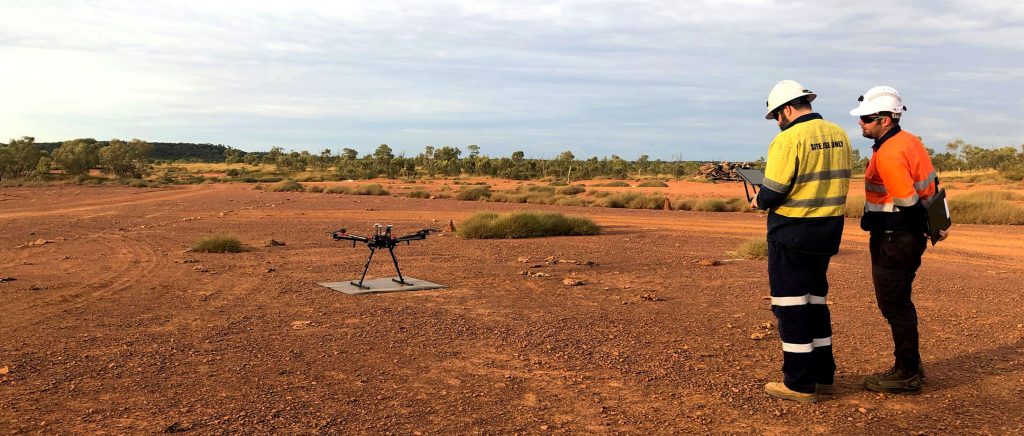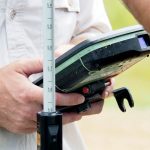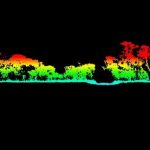When do I need permission or a licence to fly a drone?
Did you know that you could face penalties of $11,000 or worse for breaching drone laws? It’s easy to feel overwhelmed or confused by the regulations in Australia so if you’re wondering where, when and how you can legally fly…we’ve simplified it here.

While we mention recreational flying to differentiate it from commercial operations, the focus of this article is knowing the requirements to operate for commercial gain. If you’re more interested in flying for fun then we recommend checking out CASA’s national drone safety education campaign called ‘Know your Drone‘ which features quizzes to test your knowledge of the rules that apply to you.
Your primary resource for information should always be the regulator (CASA), but we have pulled out some key pieces of information and presented it in bite-size chunks to give you a high-level overview of your options. In an effort to keep things simple, we haven’t provided ALL the relevant information – what we’ve extracted below is exactly that – an extract, so be sure to dig deeper to get a detailed understanding of the requirements most relevant to you.
Recreational Flying (just for fun)
Within aviation legislative framework, drones operated for sport and recreation (i.e. just for fun, no monetary reward) are defined as model aircraft. Currently, they do not need to be registered and the pilot does not need any accreditation to operate them (although this is changing in March 2022).
You can fly outside of approved model air clubs provided it is not in restricted airspace (near an airport) or where council/owner permission is not required. You can use apps like AirMap by AirMap Inc, ok2fly by Avsoft, or OpenSky by Wing Aviation LLC to check specific locations for any restrictions.
You must also always follow CASA’s drone safety rules.
Excluded Category
Drones <2kg
You can fly a drone weighing less than 2kg under the Excluded Category commercially or professionally for hire and reward, provided the following conditions are met:
You must have an aviation reference number (ARN)
You must get an RPA operator accreditation
Accreditation is free, can be completed online, is valid for 3 years and is required to supervise operators under 18 years old.
You must register your drone with CASA before you can fly
no fee for drones under 500g, otherwise $40 per year
You must only fly your drone within the standard operating conditions (in short – always within visual line of sight, below 400ft/120m, daytime only, not over people and further than 30m away from them, not in populous areas, not within 5.5km of a controlled aerodrome nor in restricted areas)
You can receive money or remuneration for the operation
Examples of businesses that could fly under this category may include:
- photographers and film makers
- real estate agents
- researchers
- construction workers and tradespeople
- government and community service providers.
Drones 2kg- 25kg
You can fly a drone weighing between 2kg-25kg over your own land under the Excluded Category commercially or professionally as part of your job provided you do not accept payment for the services, under the following conditions:
You must have an aviation reference number (ARN)
You must get an RPA operator accreditation
Accreditation is free, can be completed online, is valid for 3 years and is required to supervise operators under 18 years old.
You must register your drone with CASA before you can fly
$40 per year
You must only fly over land that is owned or occupied by the RPA owner
The controller must either be the owner of the RPA or a person operating on behalf of the RPA owner
You must only fly your drone within the standard operating conditions (in short – always within visual line of sight, below 400ft/120m, daytime only, not over people and further than 30m away from them, not in populous areas, not within 5.5km of a controlled aerodrome nor in restricted areas)
keep the required operational records
Neither the operator, controller, owner of the RPA nor the landowner can accept payment for the operation of the drone
Examples of activities that may fall under this category include:
- agricultural operations – crop, livestock or equipment inspections
- aerial photography – taking photos or videos taken from a drone
- inspections of industrial equipment, construction sites or infrastructure
- land surveying and mapping
- monitoring, surveillance or security services
- aerial spotting
- carrying cargo
- research and development
- any drone activities for your employer.
Drones over 25kg
You can only fly a drone weighing 25kg or over (up to 150kg) under the Excluded Category provided:
it is flown over your own land
you do not accept any type of payment for the operation
you have a RePL (Remote Pilot Licence) for the type and model of drone you want to fly (ReOC not required)
Note: Most insurers will not offer equipment, public liability, professional indemnity insurance policies if you don’t have an RePL (and a ReOC in many cases).
Remote Pilot Licence
An RePL is required to operate drones under a ReOC (a company certification for commercial drone operations) with additional allowances (subject to permission) such as:
flying outside of Standard Operating Conditions (more complex operations) such as flying:
above 400ft/120m above the ground
closer than 30 m to people or in populous areas
at night
EVLOS (extended visual line of sight) or BVLOS (beyond visual line of sight)
more than 1 drone at a time
within 5.5km of a controlled airport
in a restricted area
in emergency situations
Accepting payment for operations (you can only do this without a RePL & ReOC if you are flying under the Excluded Category with drones weighing less than 2kg)
Being able to get professional insurance policies (equipment, public liability, professional indemnity)
Remote Operator Certificate
A ReOC allows you or your business to trade as a drone service provider, permitting the business to conduct a range of operations (subject to approvals) that are not available to other operators.
With a ReOC, your business can:
Employ remote pilots holding RePLs
Fly commercially or professionally for hire or reward (you can only receive payment for operations without a RePL & ReOC if you are flying under the Excluded Category with drones weighing less than 2kg)
Get professional insurance policies (equipment, public liability, professional indemnity)
Apply for permissions to operate outside of Standard Operating Conditions such as flying:
above 400ft/120m above the ground
closer than 30 m to people or in populous areas
at night
EVLOS (extended visual line of sight) or BVLOS (beyond visual line of sight)
more than 1 drone at a time
within 5.5km of a controlled airport,
in a restricted area
in emergency situations
Conclusion
We recommend asking yourself two key questions:
- Which weight category is your drone in?
- What commercial capacity are you wanting to operate it (are you flying it as part of your job or are you charging for the service)?
Your answers will help determine whether you can operate in the Excluded Category or if you need an RePL/ReOC. And don’t forget to consider insurance requirements!
As a CASA-certified training organisation and experienced operator in all of these categories, we pride ourselves in equipping all RPA users with the knowledge and skills required for safe, legal and efficient operations in a variety of applications and our courses have been developed to cater for all levels of experience.
Contact us today to learn more.
Disclaimer: Every effort is made to provide information that is accurate, however all information in this article is subject to our own interpretation of the material, and we take no responsibility for matters arising from changed circumstances or material which may affect the accuracy or currency of the information. Always consult CASA for clarification or confirmation.







